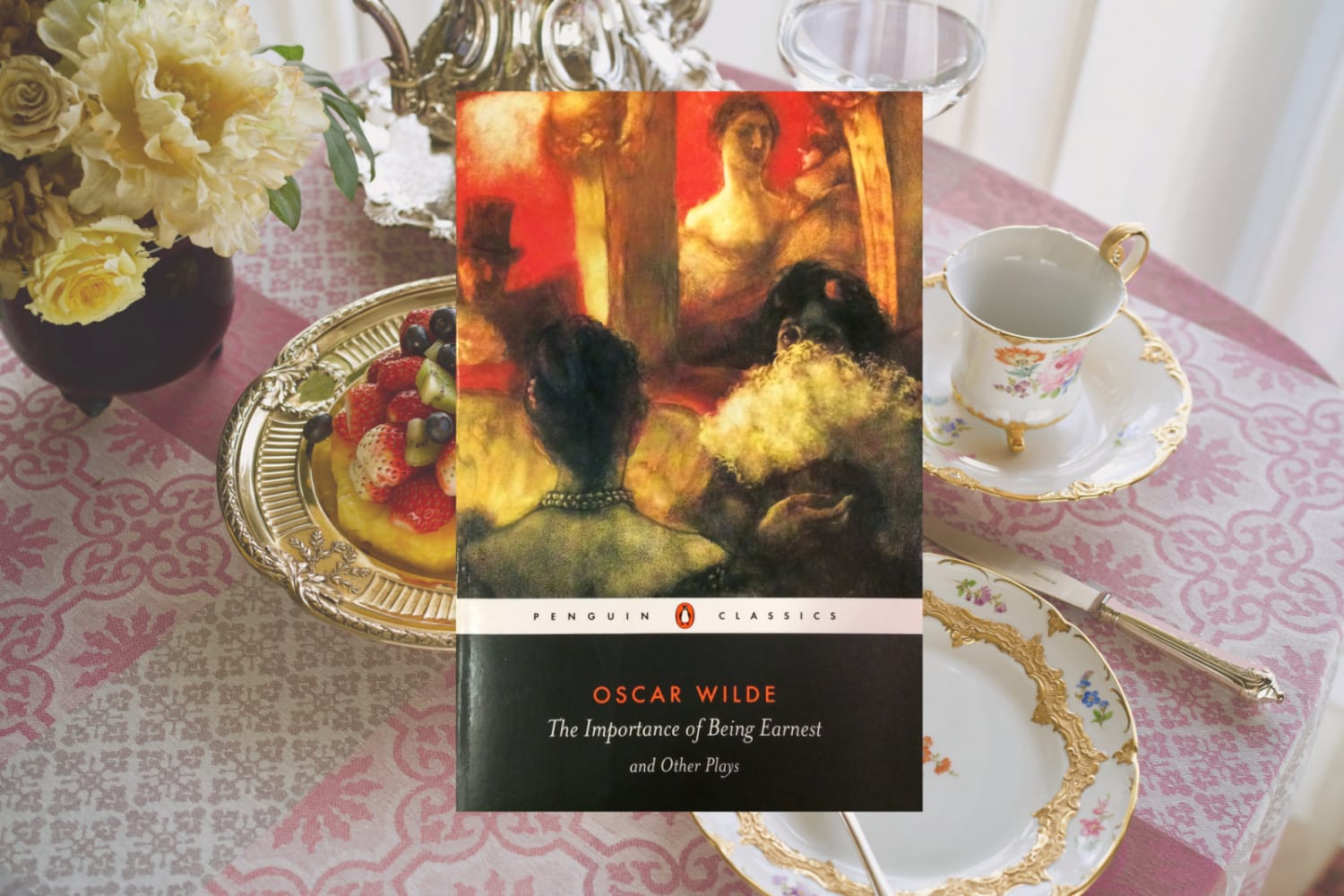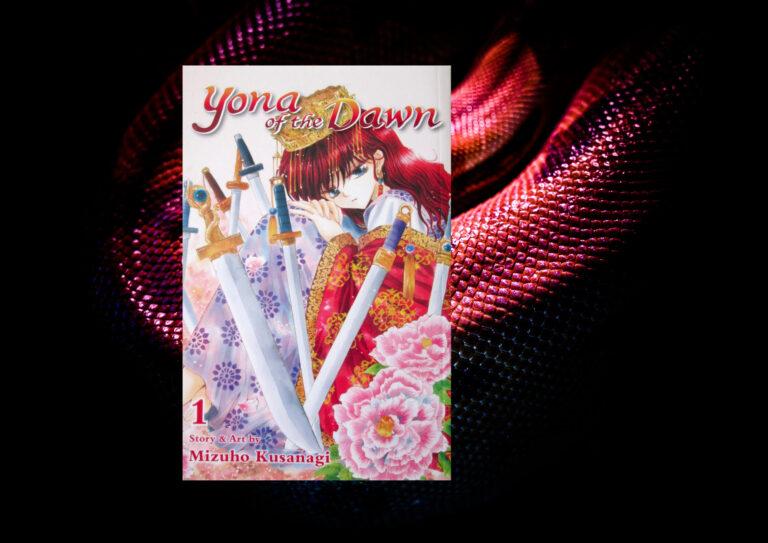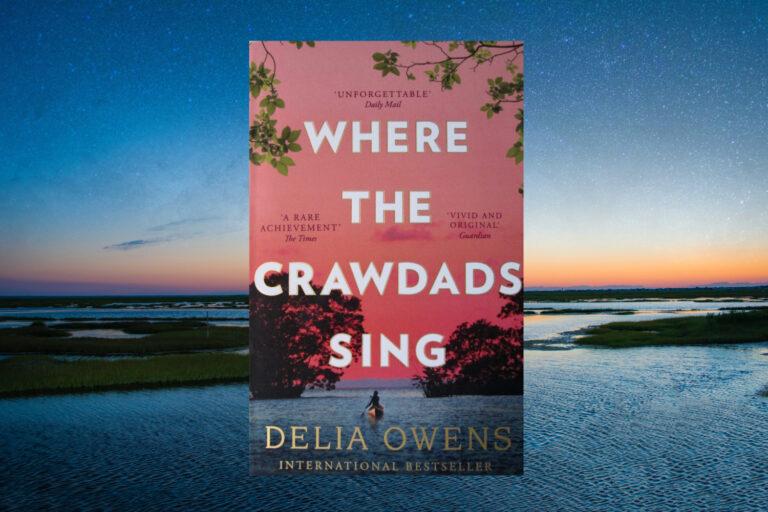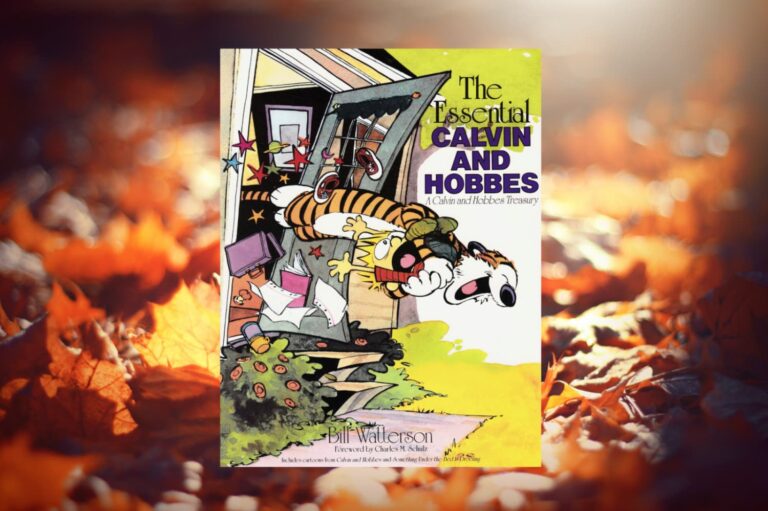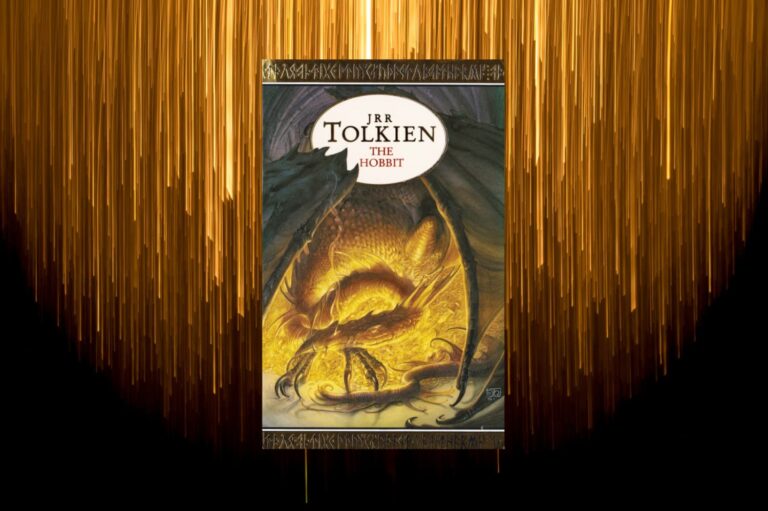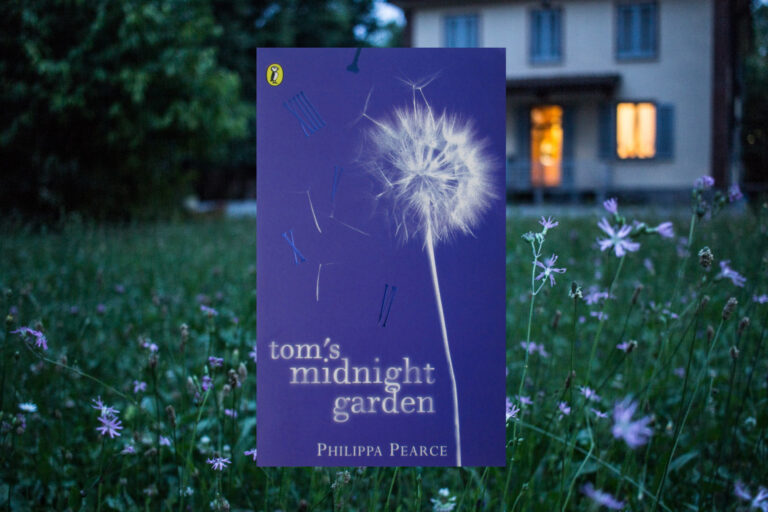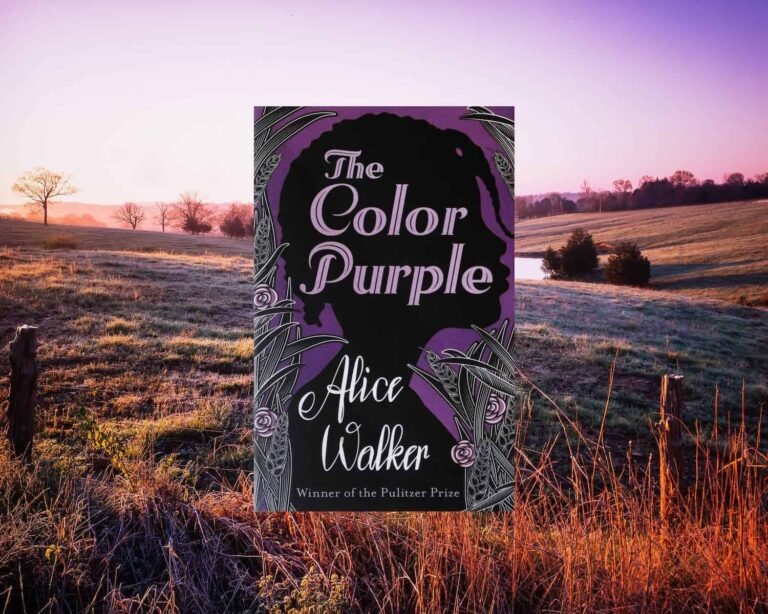A play of ever-complicating relationships started merely by the invention of ‘Ernest’ – a name clearly popular with the ladies of 19th Century England, although I feel it wouldn’t have as much appeal today, but then again there is Benedict.
The Importance of Being Earnest follows a two-day period in the life of a man who’s Jack in the country and Ernest in the town, and the tale of his devilishly charming and mischievous friend Algernon, who learns of his home in the country, his invention of an older brother ‘Ernest’ and the tempting allurement of a hidden ward, who’s reportedly both young and beautiful.
Jack/Ernest has the added ‘mystery’ (this is not a thriller) of not knowing who his parents were, having “lost both my parents” to which his would be mother-in-law replies; “Both?…To lose one parent may be regarded as a misfortune…to lose both seems like carelessness.” Although it’s actually a case of him being lost from his parents. Still, because of this he’s deemed unsuitable for marriage to her daughter, Gwendoline, but that’s not the biggest obstacle to their engagement – it’s that Gwendoline is besotted with his false name Ernest maybe more than she is him.
From this apparently alluring name come mistaken identities, fraud of the heart – though the ladies are happy to give it away easily – and cutting humour that is somehow contradictory, smart, full of hypocrisy, and always insults one if not both parties in the dialogue.
‘ALGERNON (languidly): “I don’t know that I am much interested in your family life, Lane.”
‘LANE: “No, sir; it is not a very interesting subject. I never think of it myself.”
Every line of Oscar Wilde’s play is a thought-out point on the ridiculousness of snobbery, class systems, marriage, and blood lineage – or in this case train lineage.
“…I was obliged to call on dear Lady Harbury. I hadn’t been there since her poor husband’s death. I never saw a woman so altered; she looks quite twenty years younger.”
There is a series of excellent setups in the play and like a well-acted comedy you don’t always see them coming, and so when they do they’re all the sweeter, for you’re now in on the plot-points and jokes to be had.
There are some lovely bits in which the characters walk in and become the very jokes they’re making fun of, with at least one of them, if not both, remaining ignorant of the fact. “The simplicity of your character makes you exquisitely incomprehensible to me.” Cleverly moronic and just brilliant.
Written in the late 1800s there are of course some antiquated lines, especially on the opinions of the opposite sex. But aside from these, the humour of The Importance of Being Earnest as relatable and true today, with Wilde understanding the complexities of humans, and our fickle natures.
The Importance of Being Earnest is also filled with undertones not always picked up by the opposing characters in their dialogue, or by us the audience, making multiple reads just as enjoyable as the first, for its impossible to get bored in the mind of Oscar Wilde.
Other Notable Works by Oscar Wilde:
- The Ballad of Reading Gaol 1898
- An Ideal Husband 1893
- The Complete Fairy Tales 1891
- The Picture of Dorian Gray 1890
- The Happy Prince 1888
- The Selfish Giant 1888
Book Edition Information:
Publisher: Penguin Books
ISBN: 9780140436068
Cover Art: From a Theatre Box by Gaston de la Touche
Photo: RMN – H. Lewandowski
Presented Edition: 2000 Paperback
Background image courtesy of Richard Iwaki on Unsplash

